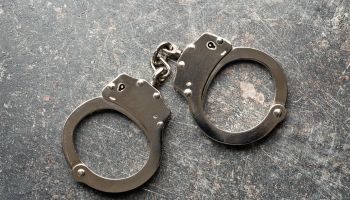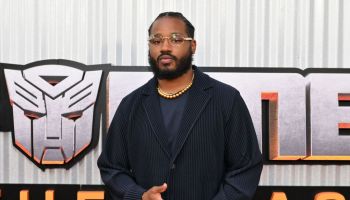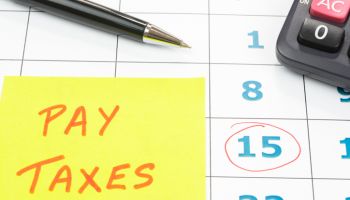What can we say; audiences can’t get enough of famous people and autobiographies. Next week we will have an a much debated debut of the AAliyah film. One of the greatest autobiographies written comes from the pen of the great American statesman, Benjamin Franklin. He wrote, “If you would not be forgotten, as soon as you are dead and rotten, either write things worth reading, or do things worth the writing.”These are the films we should invest in making next.
Some of the best films made are made about people who influenced and changed the world. Often they are important public figures who made a big difference to changing the world.
The people on this list are those who have a story that can inspire, uplift and encourage. Their contributions may be less powerful and influential but I wanted a list which selected people who have really made a difference to improving the world. I have not tried to place people in ‘order’. I do think that these are people that deserve to have a film made about them.
There should be a movie called , “Those Patriots” which details the story of Pierre Toussaint and those listed below:
- Crispus Attucks, a black man, became the first casualty of the American Revolution when he was shot and killed in what became known as the Boston Massacre. Although Attucks was credited as the leader and instigator of the event, debate raged for over as century as to whether he was a hero and a patriot, or a rabble-rousing villain.. No one talks about him.
- Prince Hall, one of Boston’s most prominent citizens during the revolutionary period, was the founder of the African Lodge of the Honorable Society of Free and Accepted Masons of Boston, the world’s first lodge of black Freemasonry and the first society in American history devoted to social, political, and economic improvement. Not much is known of Hall’s life before the Revolution. He was born in 1735 and was the slave of William Hall of Boston. His son, Primus, was born in 1756 to Delia, a servant in another household. In 1762, at the age of 27, Hall joined the Congregational Church, and soon after, married an enslaved woman named Sarah Ritchie. Eight years later, after Sarah’s death, he married Flora Gibbs of Gloucester. A month after the Boston Massacre, William Hall freed Prince; his certificate of manumission read that he was “no longer Reckoned a slave, but [had] always accounted as a free man.” Hall made his living as a huckster (peddler), caterer and leather dresser, and was listed as a voter and a taxpayer. He owned a small house and leather workshop in Boston. It is believed that he was one of the six black men of Massachusetts named Prince Hall listed in military records of the Revolution, and he may well have fought at Bunker Hill. A bill he sent to a Colonel Crafts indicates that he crafted five leather drumheads for the Boston Regiment of Artillery in April, 1777.
Here are others who deserve their story to be told.
Make sure to read:
People Who Need An Autobiography Film Now was originally published on elev8.com
















